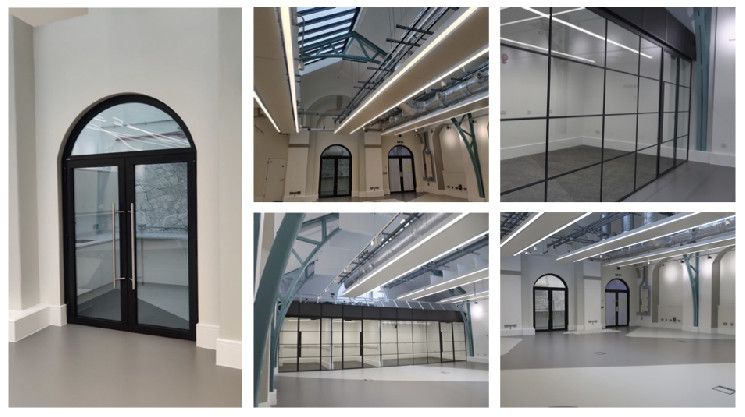Launch of I3-Lab at Imperial College London
TL;DR:
The I3-Lab at Imperial College London, partly funded by the $IOTA Foundation, focuses on circular economy research using digital tools. Launching today, July 3, 2024, the Lab aims to innovate sustainable business models and technologies to decouple economic growth from resource consumption.
We are thrilled to announce the I3-Lab at Imperial College London, a state-of-the-art research facility focused on the circular economy. It is funded by a £1M donation from the $IOTA Foundation, additional funding by Imperial, and further grant support from UK Research and Innovation, and the European Union.
The I3-Lab will be hosted at iCUBE, a dedicated space that will serve as the hub for pioneering sustainability research that launches today, July 3rd.
Empowering the Circular Economy
The I3-Lab, short for Imperial $IOTA Infrastructure Lab, will focus on the creation and use of digital instruments that empower the circular economy.
Conventional business models link resource consumption to economic growth, resulting in unsustainable practices. The circular economy aims to decouple this relationship by focusing on sustainability through reuse and recycling. This shift requires new production methods and technologies that promote sustainability, making it an important focus for the work of the $IOTA Foundation. Our distributed ledger technology is already being used in several projects that innovate new economic models, such as the Trade Logistics Information Pipeline (TLIP) and Digital Product Passports.
More About I3-Lab
A unique feature of I3-Lab is its aim to develop technologies supporting new ownership models and business models based on servitization. These models facilitate the sharing and on-demand access to goods, services, and materials, moving away from conventional sole ownership. Through these innovations, the I3-Lab will foster circular economy models that successfully decouple economic growth from resource consumption.
The I3-Lab is already making significant strides, having secured two additional grants and funding for Autofair, a Horizon Europe project for fair AI algorithms, iCircular3, a project that studies circularity in the contexts of robotics, automobiles, and outdoor tools, and CoDiet, a research project to combat diet-related diseases through diet-monitoring tech and personalized nutrition. The I3-Lab has hired five PhD students and several senior researchers, with the goal of a total team of about 25 people. The Victorian building housing the lab has been meticulously restored, adding a touch of historic charm to the cutting-edge research facility.

The Foundation’s Applied Research Team will be working and exchanging knowledge with the projects involved with the Lab, led by Dr. William Sanders, $IOTA’s Director of Applied Research, who is a visiting researcher at the Lab.
$IOTA and Imperial
I3-Lab marks the latest development in the relationship between the $IOTA Foundation and Imperial. $IOTA has previously funded grant work for Imperial’s Professor Robert Shorten, with Dr. Pietro Ferraro, now part of the $IOTA team, having participated in this grant as a postdoc, contributing to the development of the $IOTA Congestion Control algorithm and co-authoring several publications on $IOTA.
 iota-news.com
iota-news.com